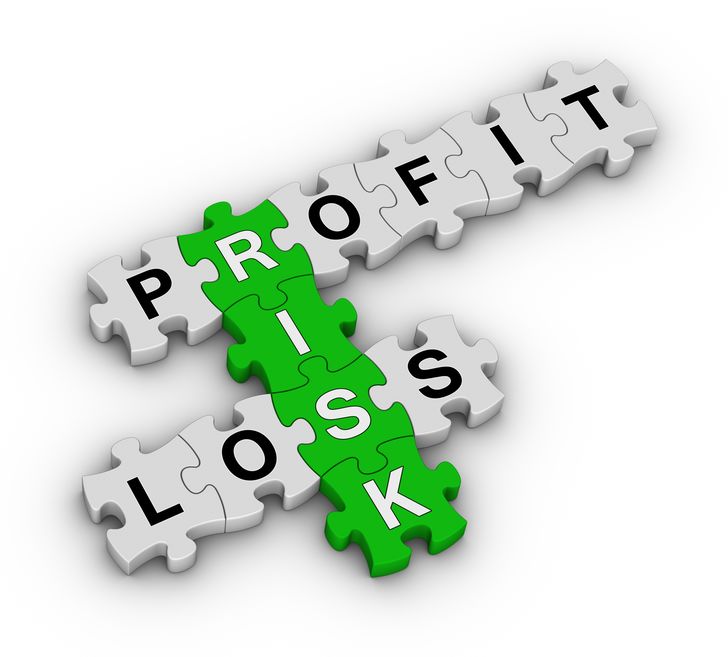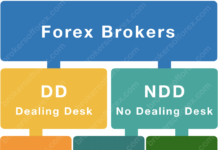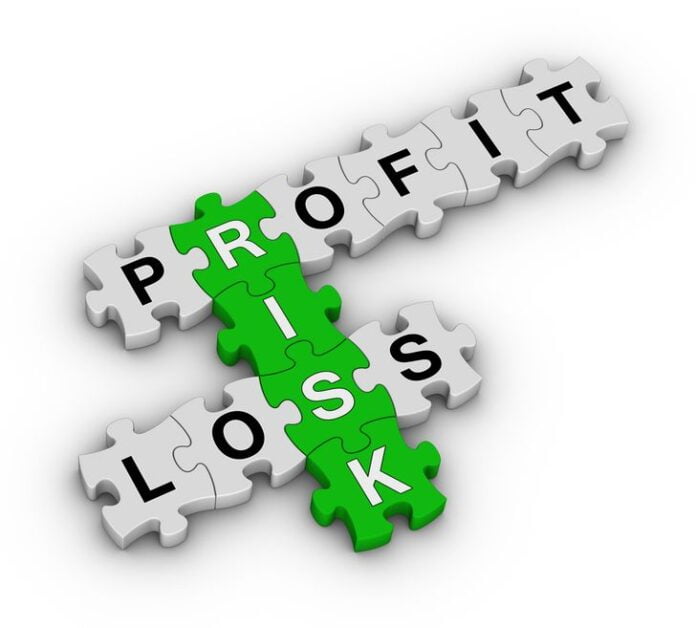Forex trading is a risky business. Traders employ risk management strategies to cut potential losses and soften the blow of bad trades. If you’re a beginner investor, it is critical that you do your homework to make informed and confident investment decisions. Part of this due diligence involves understanding your options in risk management. To make your job easy, we have outlined a few of the most popular risk alleviation strategies.

Copyright : almagami / 123RF Stock Photo
Determine your position size
Proper position sizing is very important to avoid annihilating your account in a single trade! To determine an optimal position size, you must first decide your stop level and dollar amount you’re willing to risk on the trade.
Stops must not be set randomly but at logical levels where they will inform you that you incorrectly predicted the direction of the trade. You don’t want to place a stop where it can be easily triggered by normal movements in the market.
After you have fixed the stop level, you know the risk exposure, and can start determining your position size. Next, look at the size of the account. If you have a small account, avoid risking any more than 3% of your account on a trade. This way, you would have contained the risk to a small percentage of your account and also have a position size optimized to that risk.
If you have a larger account of $500,000 or more but you don’t want to risk more than 1% on every trade, you can use a fixed dollar-stop. So, if your maximum stop is $1,000 and the distance to your stop from the entry price is 50 pips, you can have two standard lots or 20 mini lots.
Use reasonable leverage
The unique Forex market offers you significant leverage, allowing you to rake in big profits for a small investment. Leverage is a double-edged sword that can increase potential for gains as easily as inflating your losses. Using leverage basically means controlling a large exposure for a small deposit, which can range from 0.25% to 5%. You can control the amount of leverage by considering your account size to base position size. So, if your Forex account has $20,000, one standard lot ($100,000 position) would use 5:1 leverage, which is more or less an ideal leverage to play with. Once you exceed 5:1, you’re entering a risky zone.
There is a direct relationship between leverage and how it impacts your account. The more the amount of leverage used, the greater the ups and downs in your account equity, and vice-versa. So, lower or reasonable leverage is advised as a cautious risk management strategy.
Manage risk-reward ratio
Traders often lose more money on losing trades than they make on winning trades. A 1:1 risk reward ratio is an ideal one to follow as it can greatly minimize your risk in a losing trade. With this risk management strategy, even if you’re right 50% of the time, you will at least break even. Say you’re targeting a profit of 90 pips with a risk of 45 pips, then your risk to reward ratio is 1:2. That means you can be right about just half of your trades and still make a profit as you will earn more on your winning trades than lose on your losing trades.
Explore the 2% rule
The 2% rule is simple : don’t risk more than 2% per trade. Losing 2% for each trade means that you will have to suffer 20 consecutive losing trades to wipe out 20% of your account. This is a bit of a stretch, and even if you experience such a terrible losing streak, 60% of your capital would still be left unharmed. Say you trade $1,000 and lose half of it, bringing your capital down to $500. You would need to make a profit of $500 (100%) to break even. If you lose 75% of your capital, you’ll be staring at a 400% return to break even, which is a very unreasonable expectation.
Exit at profit targets
Take-profit or limit orders allow you to exit the market at a pre-determined profit target. If you execute a sell order on a currency pair, you can only place a limit order below the current market price as this is the profit zone. If you have purchased a currency pair, the system will only allow you to place a limit order above the current market price.
There are many more risk management strategies as well as iterations of traditionally-followed strategies. It is in your best interests to understand how they work and their benefits to make informed investment choices.







